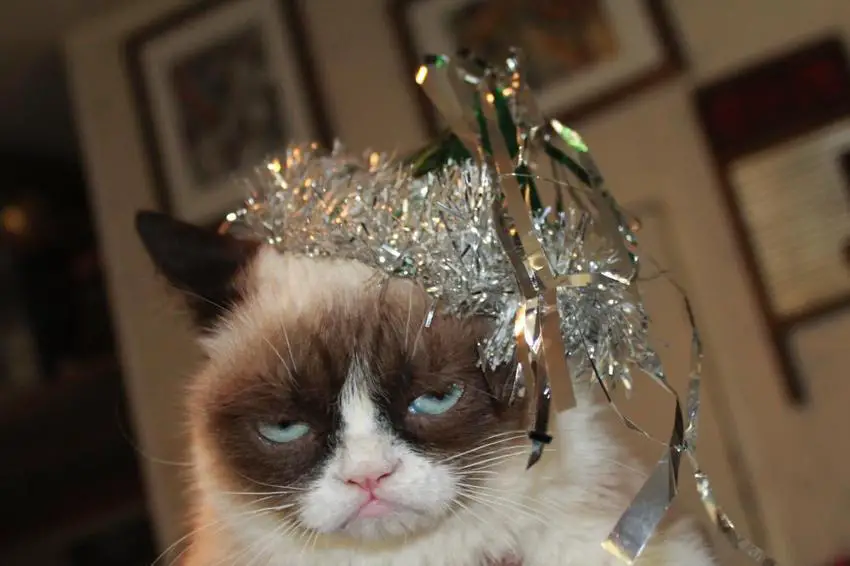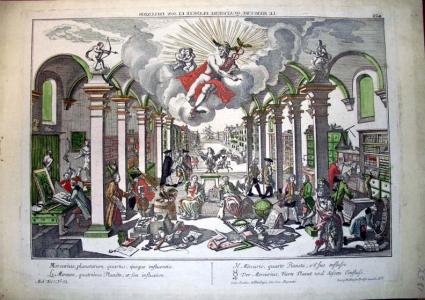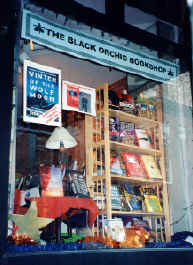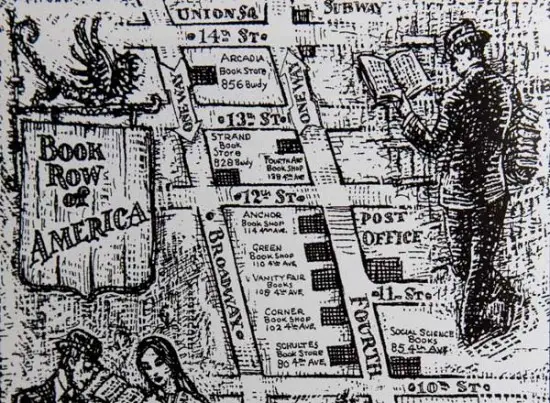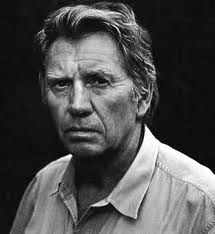Looking at a shelf undisturbed by browsing hands, I wonder, “Why don’t people buy plays – or more directly, why don’t people read plays?” I suppose those of you in the bookselling trade know, and maybe have always known, that people don’t buy plays. I was warned by my senior advisor, Dennis Gavin, not to devote too much time and space to plays, and he was right. Today, two forlorn shelves of masterpieces sit untouched and unwanted in my store. But, really, can a bookstore cull Ibsen and Chekov; Tennessee Williams and Pinter; and, let lightning strike me dead, the Bard? No, I’d sooner go broke than admit to a customer that I have no space for Eugene O’Neill and Noel Coward because room must be made for 65 Tom Clancy novels. Still, I ask, why don’t people buy plays?
Further Reading: Killing a Section in Your Bookshop
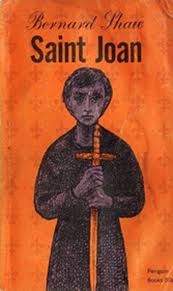 How often does the New York Times Book Review feature a new play? I don’t know the answer, but I read the review every week and I don’t remember many. I know that playwrights continue to produce plays and the Pulitzer Prize continues to issues awards, but there’s little attention paid to the published version of these works. This year the Pulitzer for drama went to Quiara Alegria Hudes for Water by the Spoonful
How often does the New York Times Book Review feature a new play? I don’t know the answer, but I read the review every week and I don’t remember many. I know that playwrights continue to produce plays and the Pulitzer Prize continues to issues awards, but there’s little attention paid to the published version of these works. This year the Pulitzer for drama went to Quiara Alegria Hudes for Water by the Spoonful but if you wanted to buy the book, you couldn’t; it hadn’t been published, at least not at the time the award was announced. The Pulitzer (and the Tony Award, for that matter) honor theater productions, not published literature; they provide no encouragement for readers who might want to consider buying the book. And when Hudes’ book was finally published in September, it failed to earn a book review in the New York Times. And the Times’ list of 100 notable books also omitted “Water by The Spoonful,” even though every other Pulitzer winning book (biography, history, non-fiction and poetry) was cited. Perhaps they just don’t consider plays books.

